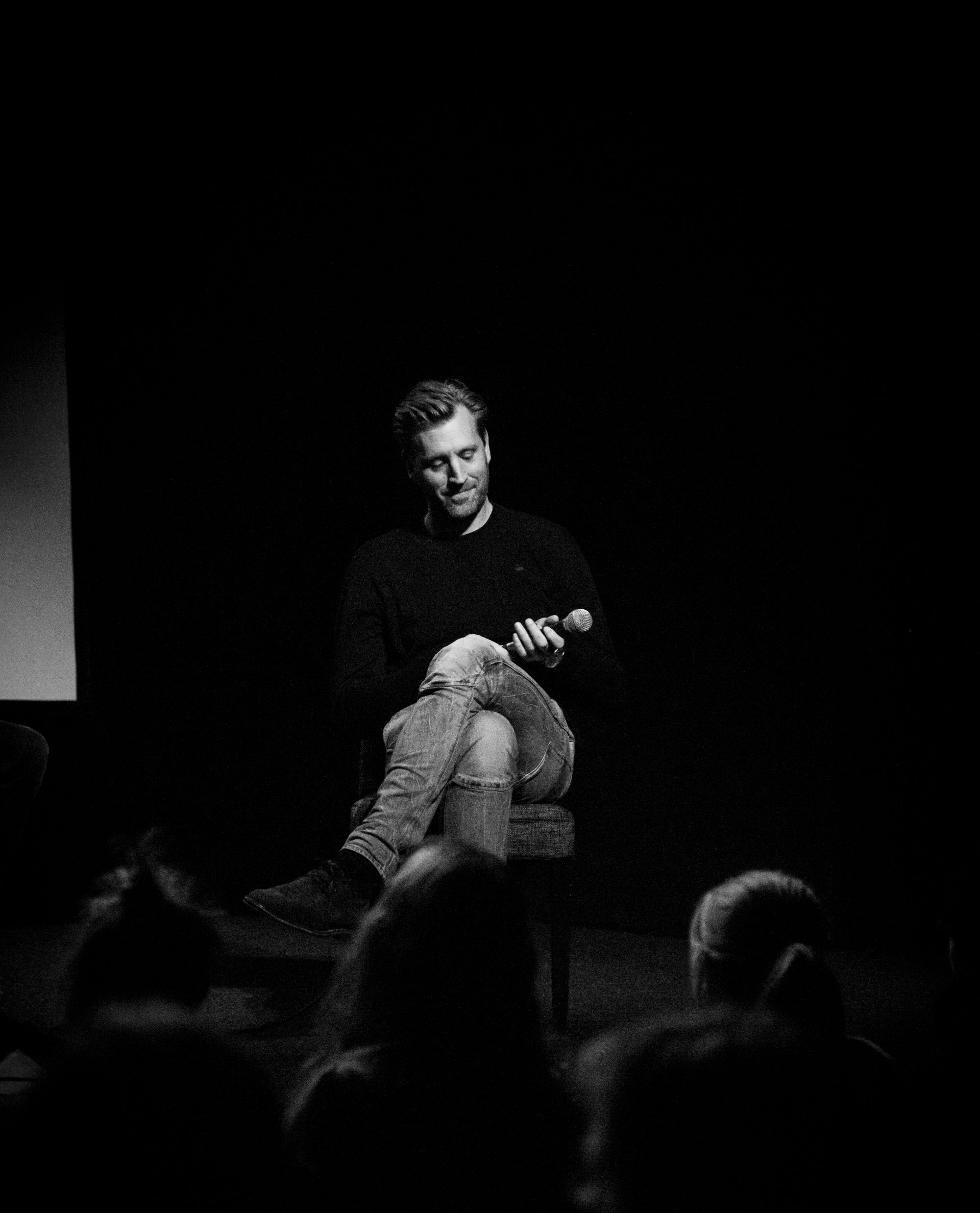An article/blogpost that falsely claimed that the swedish politician Björn Fries had died spread online in early October. The text violated his personal integrity and accused Fries, who for decades has been engaged with the struggle against racism and right-wing movements, for being a druguser and that an overdose had supposedly killed him. It continues with several fabricated stories, blatant lies and violations of Fries, who in turn chose to report the matter. The other week we learned that the head prosecutor decided not to start a preliminary investigation but close down the case, based on an argument that nothing significant public or private interest are disregarded by not opening a preliminary investigation.
In an era of intense debate about people’s ethical and moral conduct in relation to Internet and free speech, this decision is not only surprising but utterly unreasonable. Free speech, our constitutionally protected freedom of speech, is not only abused by individuals but they are also offered to continue by the same system of law that is set to defend it.
Additionally, the safeguarding of personal integrity is neglected.
This case is basically a question on what the legal system, through the perspective of constitutional law and freedom of speech, is most willing to protect? In current legal texts concerning defamation it is stipulated that you must not disseminate information about a person at risk of subjecting that person to other people’s “disrespect” (swedish ”missaktning”, no matter the forum (internet or physical reality). Opinions on Internet are as protected under constitutional free speech as opinions expressed in any public place.
The problem with the legislation is that it has not (yet) taken into account the ”digital tail” following harassment through Internet, such as propagation rate, vulnerability and the difficulty of protecting the individual’s private sphere and integrity. Current legislation is not sufficient (which has been illustrated through several verdicts in similar cases during the last year).
It is obvious to agree on the importance of our freedom of expression both regarding the physical world and an Internet forum. But it is not acceptable that we have in 2013 have a legislation, in which we build our trust and state legitimacy on, that completely ignores aspects such as rate of spread and consequences for individual integrity and privacy that strategic abuse of free speech online may result in.
It is a frequent argument that new regulations and legislative measures takes a long time to implement and that technological development by its nature will always be ahead of proposed regulations around it. Perhaps that is true. But there is no end in itself that the system of law, ie. the state, should be the leading factor or the institution that should tame and stay ahead of technological development. The fact that our legislative institution must seriously begin working to update an admittedly noble but far too obstructive law around defamation online, does not mean that we are to put faith in that the state should tell citizens how technology and Internet may and should be used. It is still a matter of actual utterances and expressions of individuals, human action grounded in concepts like ethics and morality, however, in this case also the aftermath when located and spread online. We have a tendency to overlook this when we quickly become immersed in discussions about technology as either a tool or a barrier for democracy.
We live in a society where technological innovation is leading the way and where we have the freedom to use technology in ways that benefit society. But when that freedom is abused, as in the case above of the supposed death of the very living Fries, the legal system should and must be there for the individual and strongly protect what is the mainstay of our democratic society, namely the personal integrity.
The fact that the head prosecutor didn’t even consider the case worth trying makes it difficult to see how we can get anywhere on this issue. It is precisely through the effort of trying a case that we can challenge the prevailing system.
